On 22nd March 2020, as many as 101 retired bureaucrats came together to write an open letter in the context of the Tablighi Jamaat episode, to the chief ministers of all states and lieutenant governors of all Union territories. Weekly Sadhana ran a Marathi translation of the letter, and did a cover story on the Constitutional Conduct Group (edition dated 09th of May, 2020). Following is a translation of the weekly Sadhana editorial that takes a closer look at the group and the 25 open letters that it has composed in the last three years.
One of the many reasons commonly cited for more than 150 years of British colonial rule in India, an important reason was the administrative apparatus. It was a matter of utmost prestige to be selected to join the Indian Civil Services. Incumbent civil servants were seen to enjoy sweeping powers and the best of facilities. Sharp young minds in their mid-20s were selected to join the civil services, based on a variety of criteria. They would then go on to serve the government for 30 to 35 years and implement its will. No wonder, the administrative service was referred to as the 'steel frame of India'.
Upon attaining Independence, India held on to the British model of public administration. The Union Public Service Commission continues to conduct competitive exams for over two dozen civil services. Of these, those selected to serve the administrative , police and foreign services seem to enjoy special prestige, adulation, and aura. This has remained unchanged in the seven decades since Independence.
The selected officers, after one years' training, fan out to district headquarters or similar towns. In the next five years, they progress up the ladders of power. They go on to head district councils, town councils and municipal corporations. They move on to secretarial posts in the various departments and organizations of the states and the Centre. It may not be inaccurate to view them as captains steering a giant administrative juggernaut.
They not only get to interact with stakeholders at various levels but they also get to address exigencies, take quick decisions, and exercise pragmatic options. Like a pendulum, they alternate between the lowest strata of the society and the uppermost echelons of power. Although policy decisions are taken by the elected representatives, the bureaucrats play a key role in helping them arrive at those decisions.
Bureaucrats thus get a chance to wield great powers and make great impact at work. This is accompanied by great temptations and great pressure. Those who are able to run this gauntlet successfully, are able to truly enjoy the fruits of their labour.
After retirement, some bureaucrats, in search of important positions, retain their umbilical cord with the powers that be. Sometimes, it's the other way round. Those in power are in need of the expertise of retired bureaucrats. This can be for good reasons or bad. Some bureaucrats permanently bid adieu to public administration, and go on to pursue other interests. A few retired bureaucrats remain active in the public space, in one way or another. A few among them keep their ears to the ground and respond openly to developments in the public space. A very small percentage of these display the courage to question those in power, when necessary.
Three years ago (in May 2017), a few retired civil servants from the latter category came together to form a pressure group. They called themselves the Constitutional Conduct group. Their motto is "Speaking Truth to Power" . The group has done one task consistently since their formation - Writing open letters, whenever major developments unfold or when decisions that rock the nation are taken. They have been averaging seven or eight open letters per year since they came together.
These letters are drafted very precisely. They are to-the-point. There is no beating about the bush, no floral language or heavy adjectives. The language is by no means loose, insipid or ambiguous. The message is loud and clear - a brief background is given, mistakes are underlined, and expectations are expressed.
How are these open letters drafted? Against the backdrop of an incident or crisis, a small subgroup decides the addressee and jointly prepares a draft. The draft is circulated among the rest of the members and comments and suggestions are invited. The final draft is then circulated among all members. Those members who think the topic is important enough, or those that have an understanding of the subject and are in complete agreement with the draft, put their signatures to the letter. The letter is then sent to the addressee, and made available to the media and public as well.
The group has penned 25 such letters in the last three years. The number of signatures varies from 40 to 106.
As recently as April 23, 2020, the group sent a letter to all the chief ministers and lieutenant governors in the country (of course Cc to the PM). It refers to the religious congregation organized by Tablighi Jamaat (Islamic sect) in Delhi around mid-March. Between five thousand and ten thousand followers, from India and abroad, are said to have attended the event. The event took place when the Coronavirus pandemic was spreading around the world, and India had started taking strict measures to prevent its spread. Moreover, the timing of the event almost coincided with the announcement of a nationwide lockdown.
The event naturally came in for strong criticism. To make matters worse, the news broke that many of the Jamaat participants were infected with the virus. An explosion of distorted news and rumours hit the news media and social media. As a result, the public outcry was no longer limited to the organisers and participants of the Jamaat, but a bogey of suspicion and hatred was raised around the entire Muslim community. Our country, witnesses the periodic boiling over of communal tensions, especially between the Hindu and Muslim communities. Soon, news of such tensions being fomented during the Coronavirus crisis, started filtering in.

The Constitutional Conduct group has written an open letter against this backdrop. Weekly Sadhana recognized its significance , got it translated and published as the cover story of this week (edition dated May 9, 2020). Along with the letter, Sadhana listed the 101 former bureaucrats who signed the open letter. All the signatories, except a few, have already completed their tenures. To reflect the wide variety of expertise and experience among the signatories, Sadhana also listed their last-held positions at the state or Central levels.
Having retired in the last five to 25 years, the age group varies from 60 to 85. Which suggests they held their prime between 1970 and 2015. During this period, a wide variety of regional and national parties tasted power at the Centre and in the states. It was marked by the decline of Congress hegemony and the rise of a new BJP hegemony, and in-between period of 25 years of experimentation with coalition politics. It was a period when democracy witnessed great upheavals and two occasions when democracy actually collapsed (June 1975 and December 1992). Which is one reason to take this open letter very seriously.
There is also another reason. The group has furnished a vision statement, along with the open letter. It is marked by three key factors: The group is devoted to the preservation of the Indian Constitution. The group pledges to follow only non-violent and constitutional means in its activities. While many of the members may have political views, they are neither members of any political outfit nor are they involved in any way with electoral politics.
These three factors lend a further edge to the group's letters. The group would have never been moved to write open letters had they not been so devoted to Constitutional principles, and so disturbed by current events. The act requires solid moral strength and a willingness to pay a heavy price.
The group has mustered the courage on 25 occasions in the last three years.
Ten of those 25 were during the last one year. In March 2020, they wrote an open letter addressed to media organizations. The letter exposed how the Solicitor General of India and Delhi's deputy commissioner of police allegedly misled the Supreme Court in the Harsh Mander case. Also in March 2020, the group wrote a letter to the President of India, alleging that the Centre had dragged its feet in prosecuting those responsible for the 2020 Delhi communal riots. In January 2020, the group wrote an open letter to the citizens of India, stating that India does not need the Citizenship (Amendment) Act or CAA, National Population Register (NPR) or National Register of Citizens (NRC).
In December 2019, the group wrote an open letter to Indian Parliamentarians, criticizing some of them for supporting the killing of the suspects in the Hyderabad gang-rape case, in an alleged police encounter. Also in the same month, the group addressed a letter to the Supreme Court lamenting the fact that those accused in the Babri Masjid demolition case have not been prosecuted, 27 years after the incident.
In November 2019, the group despatched a reminder to the Chief Election Commissioner, reiterating that the Election Commission has not responded to allegations of irregularities in lthe 2019 Lok Sabha elections. The reminder also expressed surprise that the Commissioner failed to even acknowledge the previous open letter in this matter.
In October 2019, the group wrote an open letter to the Prime Minister, alleging that senior bureaucrats were being harassed for political benefit. The letter squarely laid the blame for this at the doorstep of the Centre and the ruling party.
In the wake of the 2019 general elections, the group wrote to the Election Commission in July 2019, alleging that the elections were held under the most suspicious circumstances ever seen in the last 30 years. If the Commission were unable to investigate complaints of electoral irregularities, it must at least declare the allegations as baseless, the letter demanded. In April 2019 again, the group addressed an open letter to the people of India, deploring the Bharatiya Janata Party for fielding Sadhvi Pragya Thakur as its Lok Sabha candidate. The letter demanded that the Prime Minister repeal her candidature.
The other 15 open letters from the group, sent in the preceding two years, are equally powerful in terms of context and content. A majority of the letters criticise the Centre and the BJP. Which is understandable considering the fact that in those years, the BJP controlled power at the Centre and a vast majority of states.
One of those 15, however, is addressed to Bihar chief minister Nitish Kumar. It confronts him over a suspicious custodial death in Sitamarhi.
In another such example, the group wrote a letter jointly addressed to Punjab chief minister Capt Amarinder Singh and Congress President Rahul Gandhi. The letter urges them to withdraw the sacrilege bill, tabled in the Punjab legislative assembly in August 2018. The letter calls out the bill for poor and ambiguous drafting, and the potential to be misused. The Congress has a history of taking such actions for tactical gains, the letter alleges, while urging the party to curb the tendency.
All the 26 open letters from this group are so complete in themselves, that they can serve as a lesson in constitutional conduct (Which is why we at Sadhana plan to translate them into Marathi and publish them as a book in the coming quarter).
Some readers may wonder what difference do these letters make? The query is valid. Ordinarily, one may feel the letters are useful only if they translate into some action or change on the ground. But this seldom happens. Then does this amount to just a private outcry that is lost in the wild? Certainly not!
Nearly 125 years ago, a young Gopal Krishna Gokhale posed a similar question to Justice M G Ranade: "We write so many letters and pleas but the mighty British Raj does not seem to budge an inch. Then why do we even bother writing?" Justice Ranade replied, "Although our letters are addressed to the British government, in effect, they also awaken the masses."
If we consider the fact that Gokhale was the political guru of Gandhi, and Ranade was Gokhale's guru, we understand the significance of Ranade's pointer. When those who are intellectually and morally powerful, speak up, it may be seen as an act of expression. But it can also serve as a lever for change.
- Editor
editor@kartavyasadhana.in
(Originally published in Marathi as an editorial of Weekly Sadhana (edition dated 09th of May, 2020). Translation by Sanjay Pendse.)
Tags: English Indian Civil Services Constitutional Conduct group Letter Tablighi Jamaat Weekly Sadhana Editorial CAA NRC Babri Masjid Sonia Gandhi BJP Congress Load More Tags

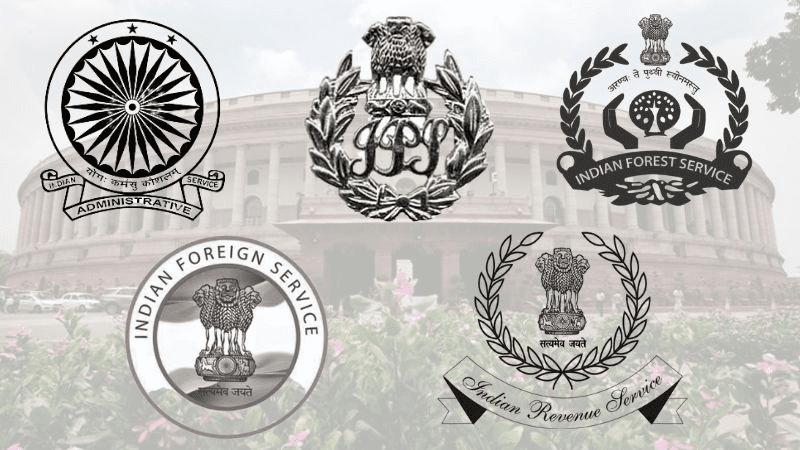

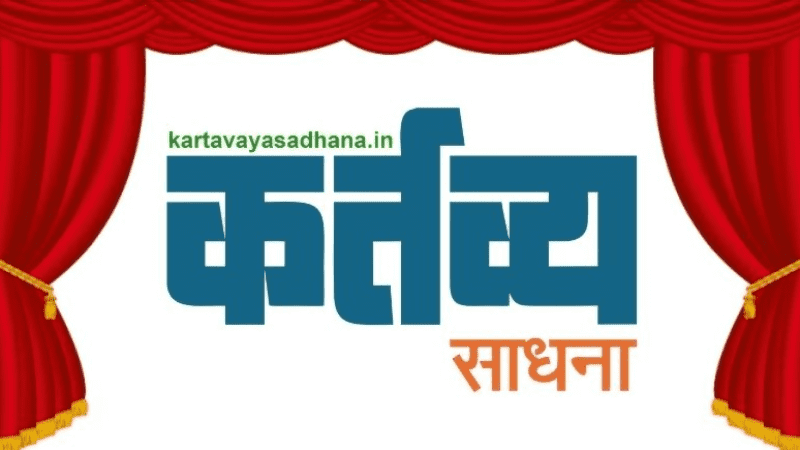

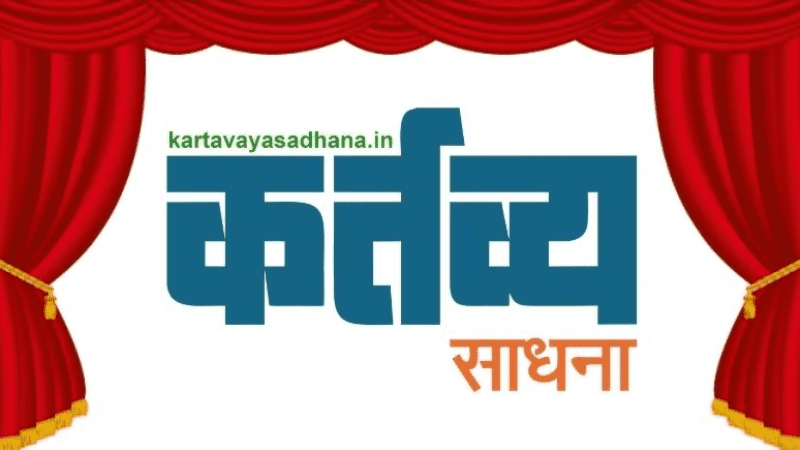

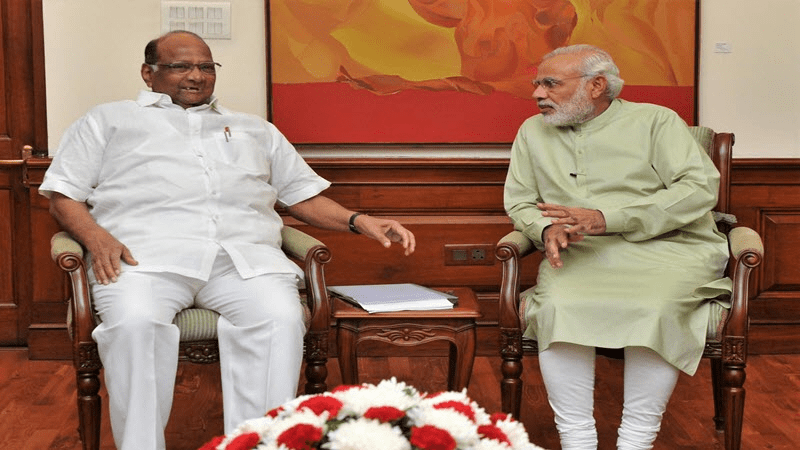
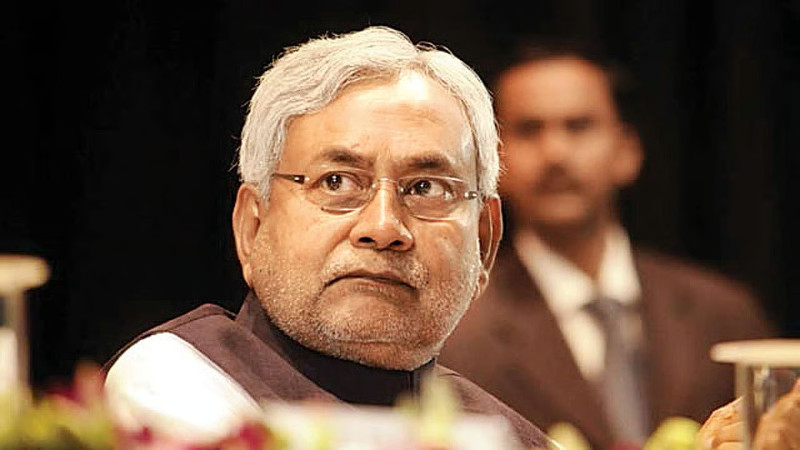
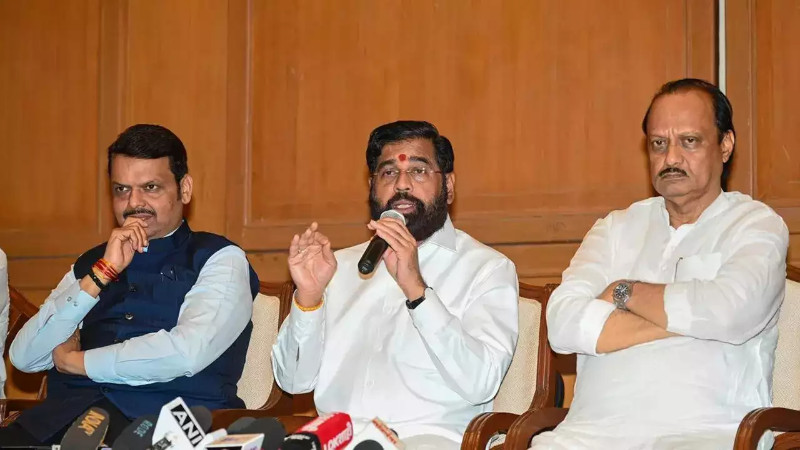
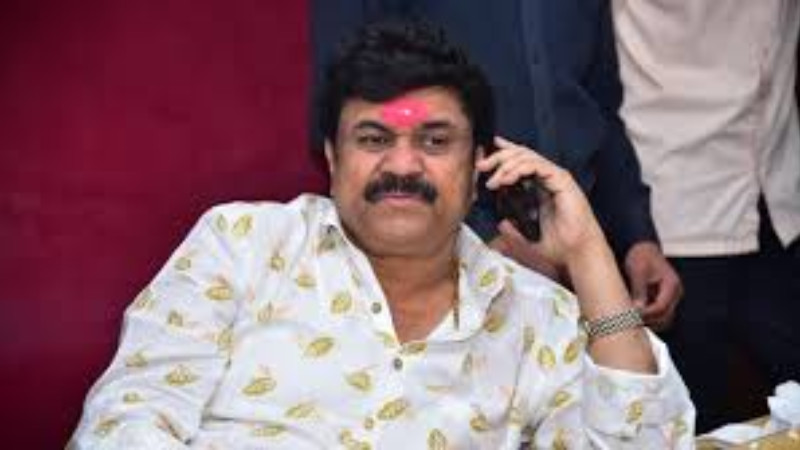
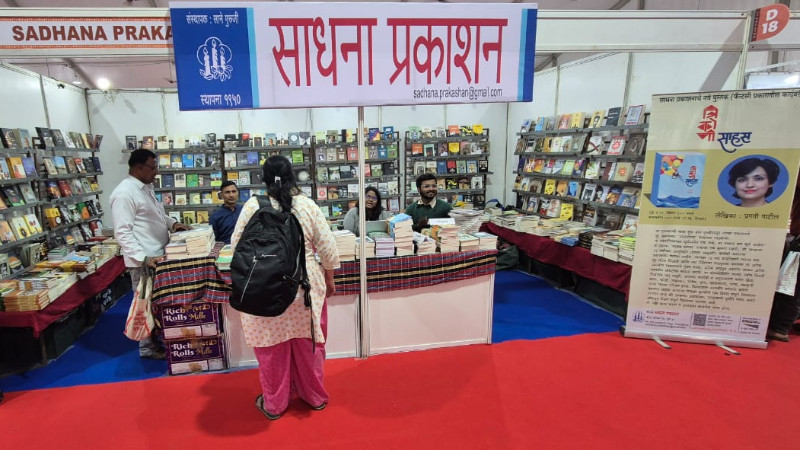
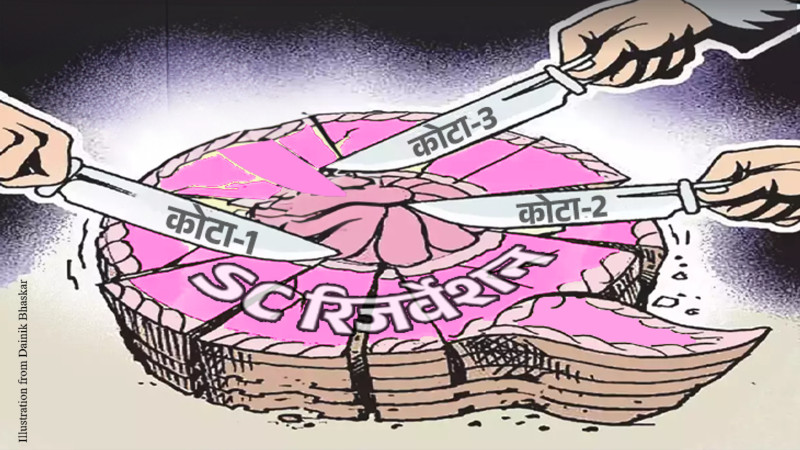
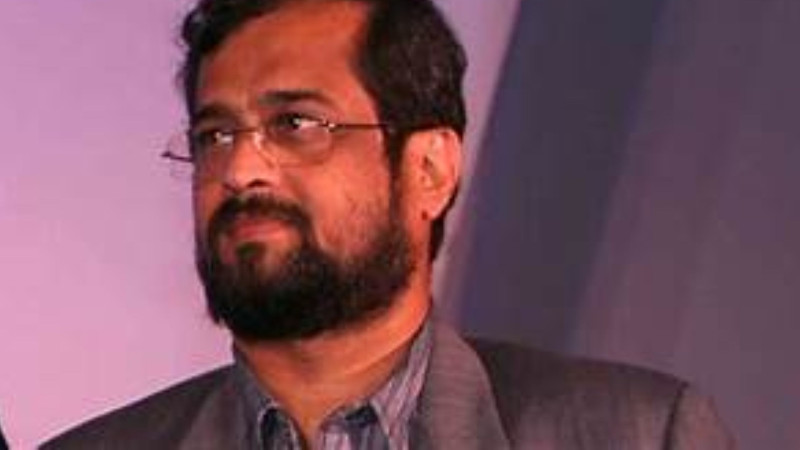

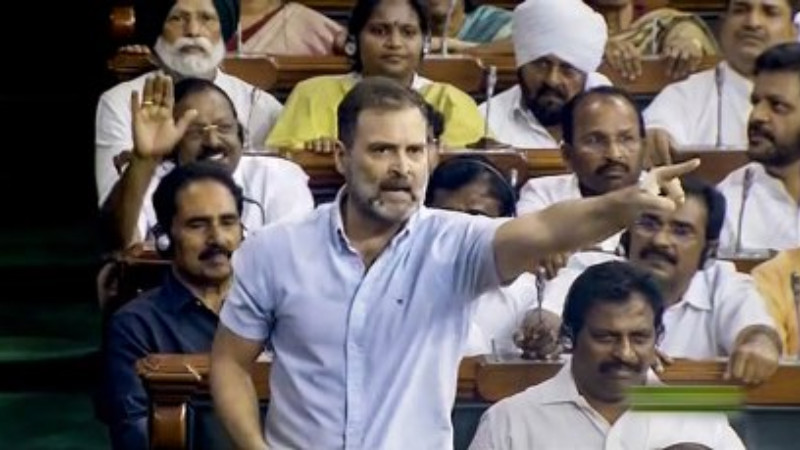
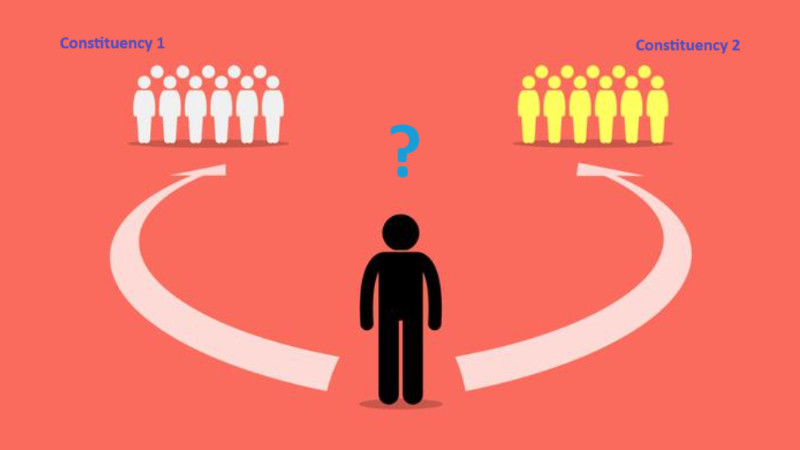
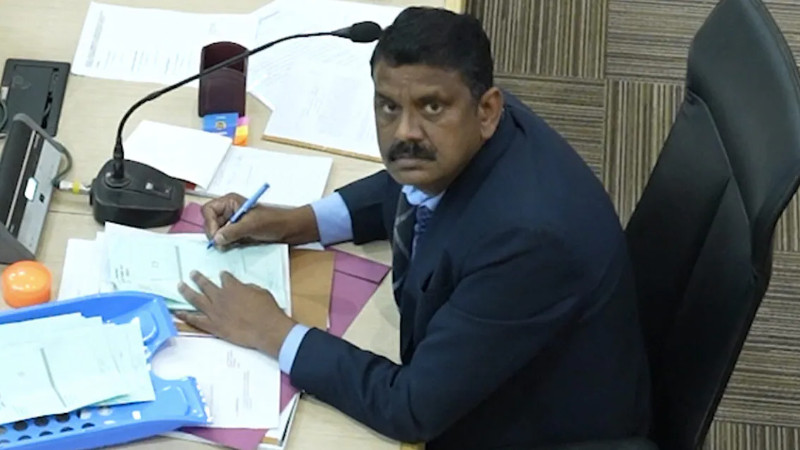
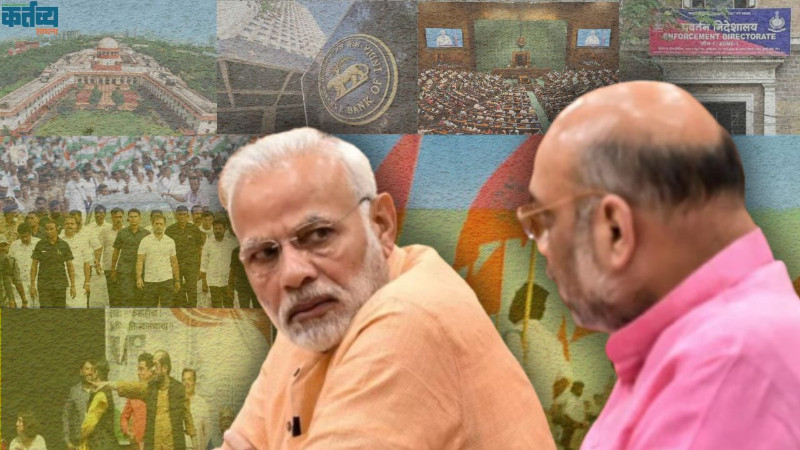
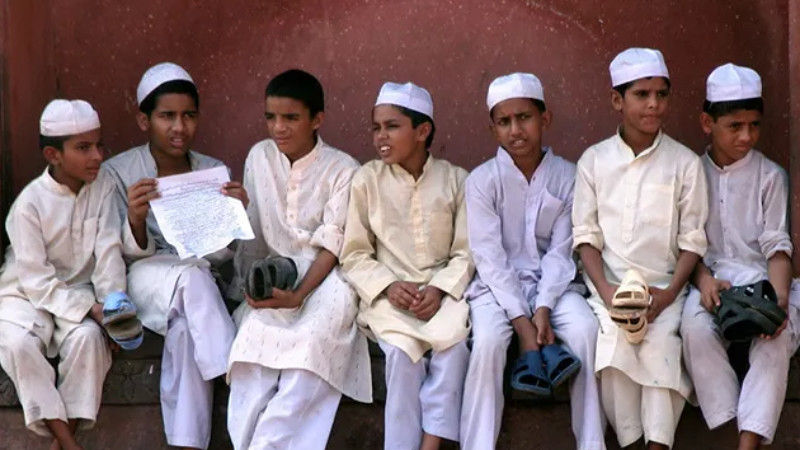
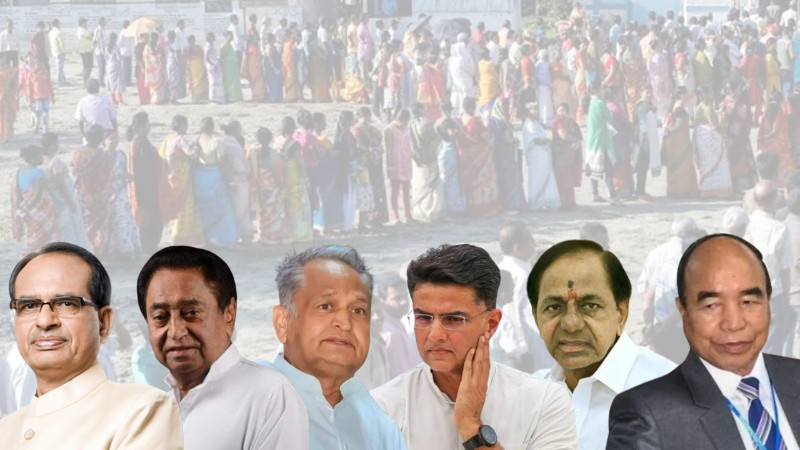
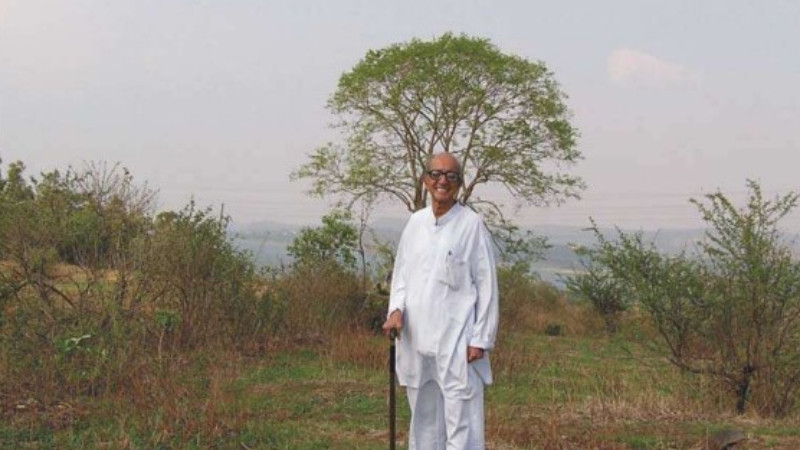
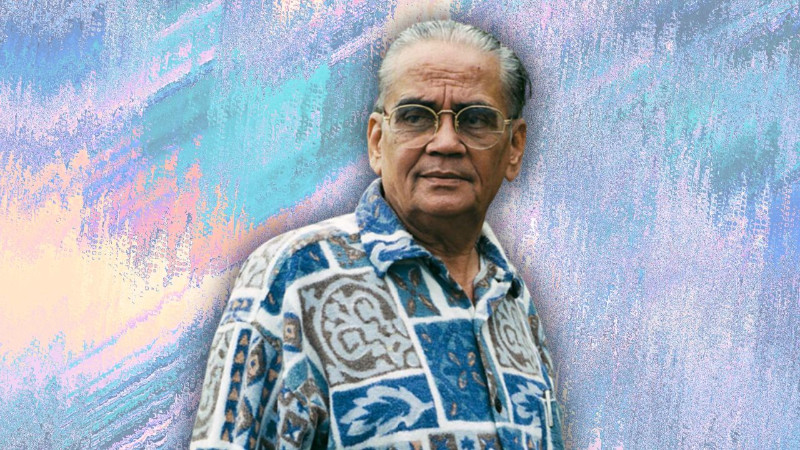
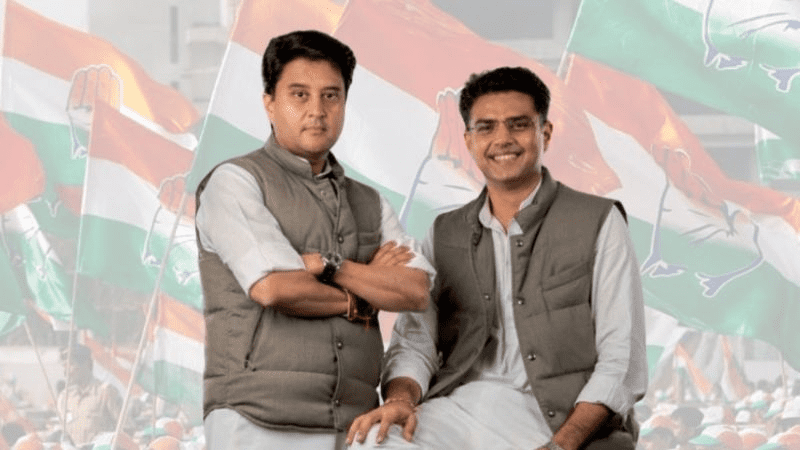
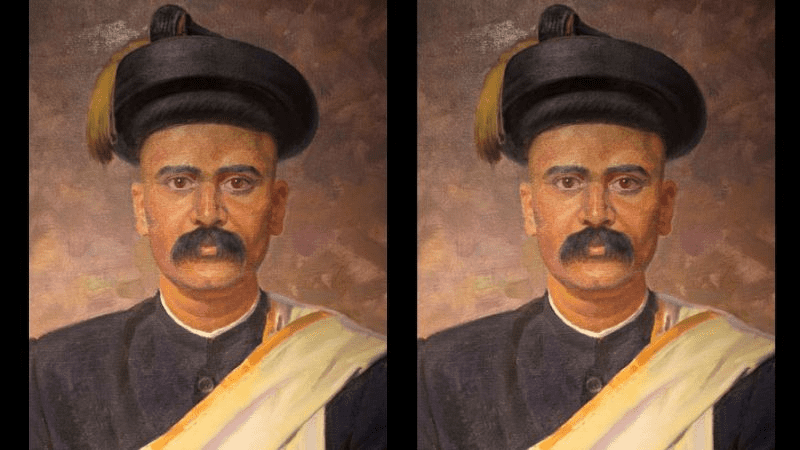
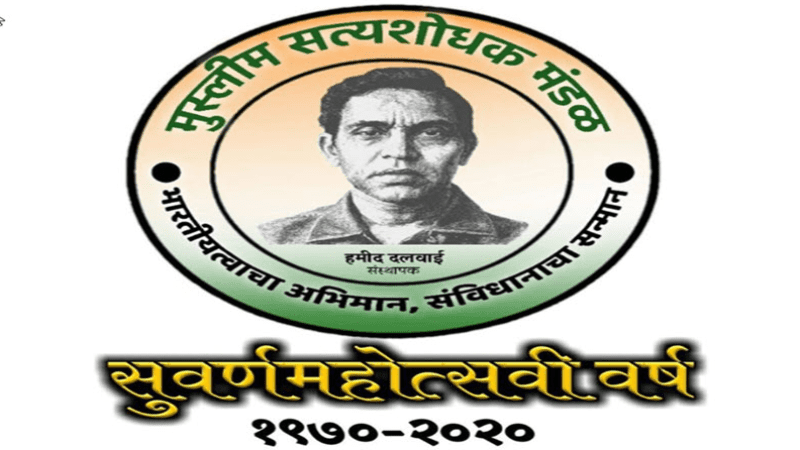


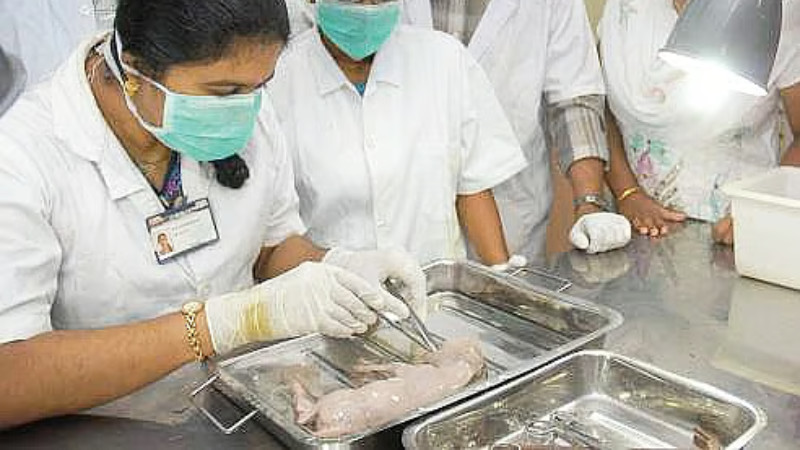
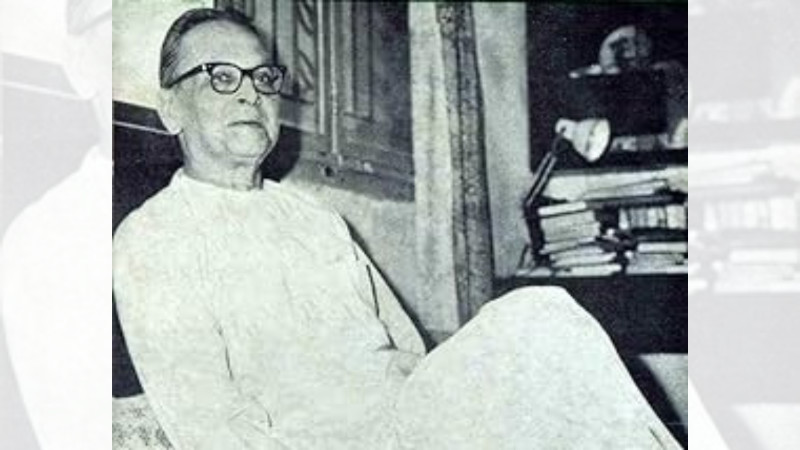
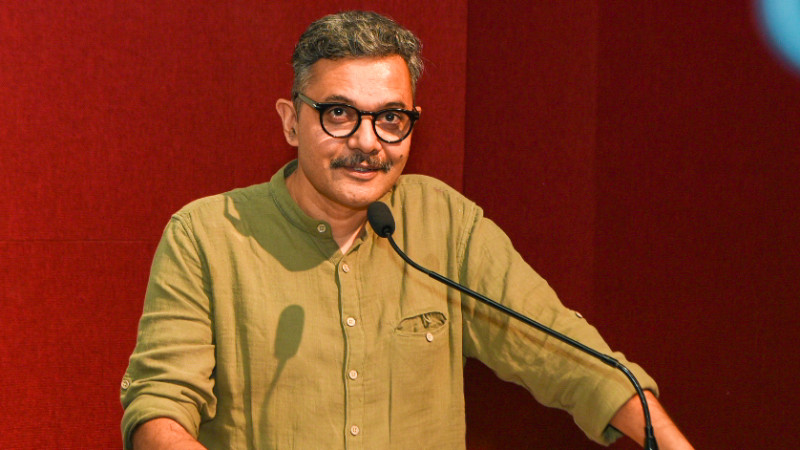
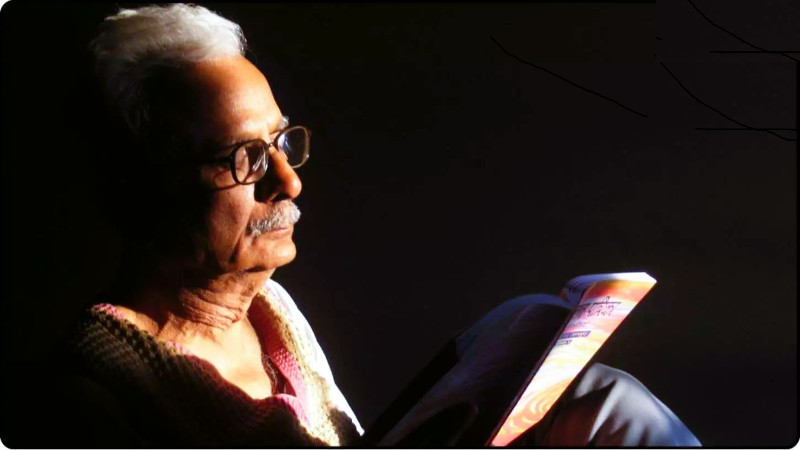
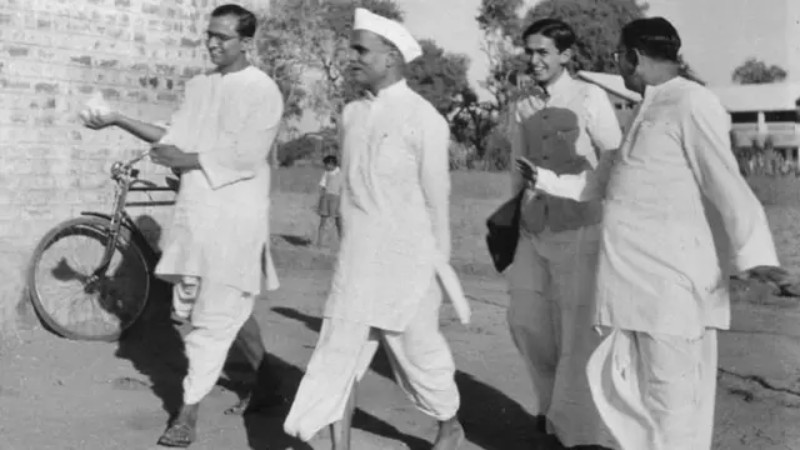
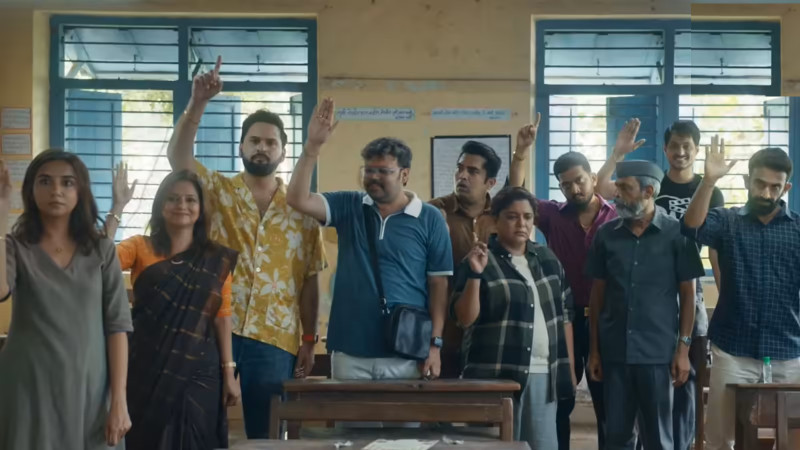
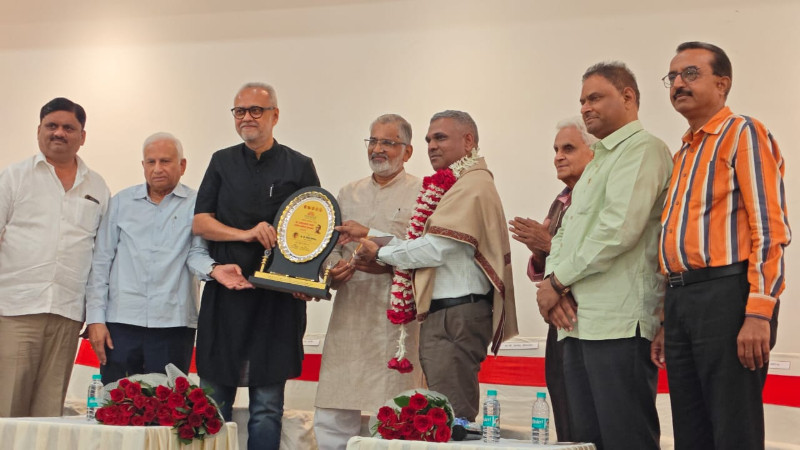
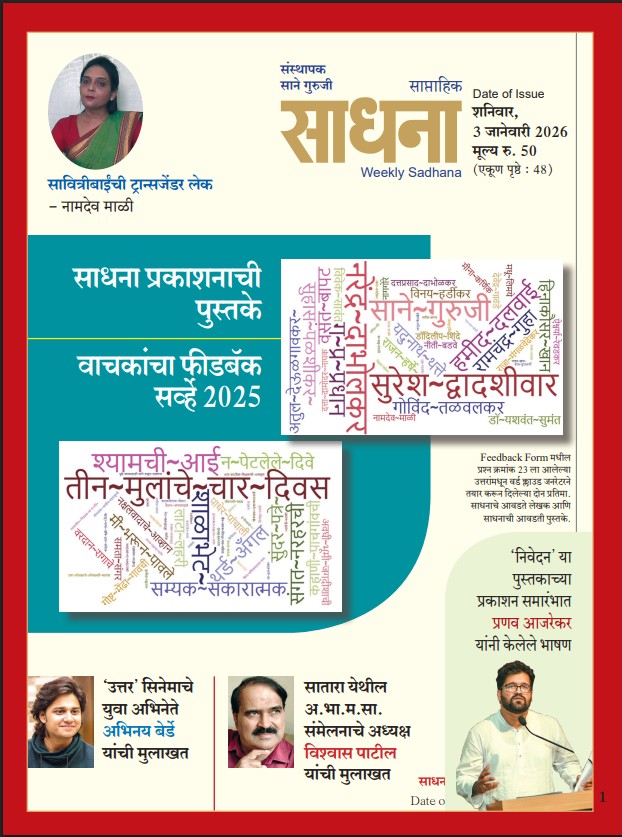













Add Comment